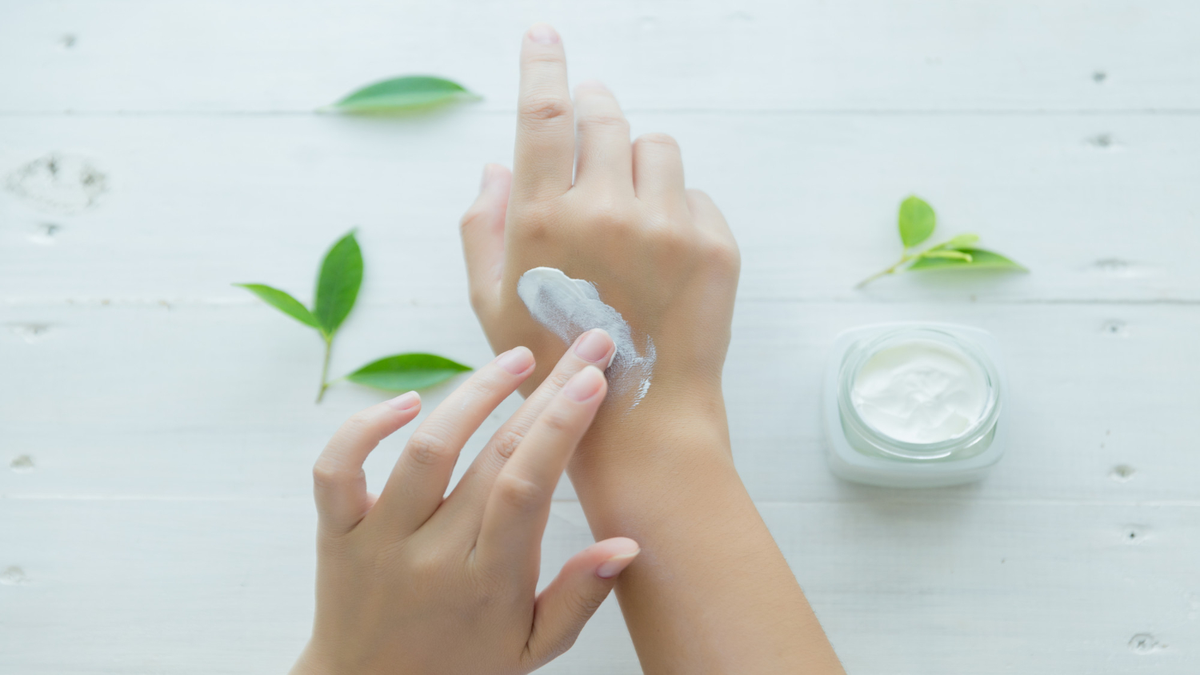Knee pain is one of the most common complaints among adults, and it’s no wonder why. Millions suffer knee pain from an injury or years of wear and tear. It’s estimated that one in four adults will experience knee pain at some point. While there are many medical treatments available to help relieve knee pain, there are also several home remedies that can provide relief. In this blog, we’ll discuss the best home remedies to relieve knee pain and how to use them to help you feel better.
Causes of Knee Pain
Knee pain is a common ailment experienced by people of all ages. Various factors, including injuries and degenerative joint diseases, cause it. Common causes of knee pain include arthritis, tendonitis, bursitis, cartilage tears, ligamentous sprains and strains, and patellar pain. Arthritis is a common cause of knee pain and is an inflammation of the joint lining. Several factors, such as age, obesity, genetics, and overuse, can cause it.
Tendonitis is inflammation of the tendons around the knee, which can be caused by repetitive motions or direct trauma to the area. Bursitis is inflammation of the bursae, which are fluid sacs cushioning the joints. Cartilage tears are caused by trauma or improper use of the knee. Ligamentous sprains and strains are usually caused by overstretching or tearing the ligaments around the knee. Patellar pain, or runner’s knee, is caused by inflammation of the patellar tendon, which connects the kneecap to the shinbone.
Fortunately, there are many home remedies available to help alleviate knee pain. Home remedies may include rest, ice, elevation, stretching, and strengthening exercises. Resting the knee can help reduce inflammation, while ice can help reduce swelling and numb the area. Elevation can help reduce swelling by allowing fluids to drain from the affected area. Stretching and strengthening exercises can help build muscle around the knee, which can help support the joint and reduce pain. Over-the-counter medications such as ibuprofen or acetaminophen can also help reduce swelling and pain.
Benefits of Home Remedies
Home remedies are a great way to relieve knee pain as they are natural, safe and cost-effective. Not to mention home remedies are often more convenient than going to the doctor or buying over-the-counter medications. Home remedies can help reduce inflammation, improve joint mobility, and strengthen muscles around the knee joint. The benefits of using home remedies to treat knee pain are numerous.
Firstly, they can be tailored to suit the individual, so the remedy can be adjusted to fit one’s needs and lifestyle. Secondly, home remedies can target the root cause of the pain rather than merely treating the symptoms.
Finally, home remedies are often more affordable than prescription drugs or surgery, making them an excellent option for those on a budget.
Common Home Remedies for Knee Pain Relief
Regarding knee pain, the best home remedies for relief are often the most accessible. Common home remedies for knee pain relief include applying ice and heat, exercising, stretching, and massaging the affected area. Ice packs can help reduce inflammation and swelling, while heat can help reduce tension and relax muscles. Exercise can help strengthen the muscles in the knee and reduce strain. Stretching can also help to reduce anxiety and improve the range of motion.
Finally, applying a warm compress or massaging the affected area can help improve circulation and reduce pain. You can relieve knee pain with the right combination of these home remedies.
Tips to Prevent Knee Pain
Knee pain is a common problem that various factors can cause. Fortunately, some home remedies can help to get relief from knee pain. One of the best ways to prevent knee pain is to make sure that you are exercising regularly. Regular exercise strengthens the knee muscles and can help reduce the strain on the knee joint.
It is also essential to maintain a healthy weight, as extra weight can strain the knee joint. Additionally, it is important to wear supportive shoes that are designed for your activity level. Wearing shoes that are too loose can put extra strain on the knee, while shoes that are too tight can lead to cramping.
Finally, stretching is an integral part of any exercise routine, as it can help to reduce tension in the knee muscles and joints. Stretching is essential for those who engage in high-impact activities. Taking the time to stretch before and after exercise can help reduce the risk of injury and the severity of knee pain.
When to See a Doctor
When it comes to knee pain, home remedies can often provide relief. However, it is essential to know when to seek professional treatment. If you have been dealing with knee pain for over a few days and home remedies have not provided relief, it is time to see a doctor. A doctor can help diagnose the pain’s underlying cause and offer treatment options to help alleviate the discomfort. In some cases, knee pain can be caused by an underlying medical condition, such as arthritis, bursitis, or tendonitis. These conditions may require prescription medications or surgery to treat the pain correctly. In addition, a doctor may recommend physical therapy or lifestyle changes to reduce the pain. It is essential to make an appointment with a doctor if your knee pain is persistent or accompanied by swelling, redness, or difficulty walking.
Conclusion
Knee pain is a common problem that can be managed with various home remedies. The best home remedies to get relief from knee pain depend on the underlying cause of the pain. Common home treatments include:
Taking over-the-counter painkillers.
Applying heat or cold packs to the area.
Performing simple stretches and exercises.
Natural home remedies such as turmeric paste and massage can also help reduce pain and inflammation. Regardless of the cause of the knee pain, it is essential to talk to a doctor for an accurate diagnosis and treatment plan.
